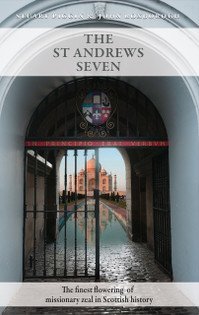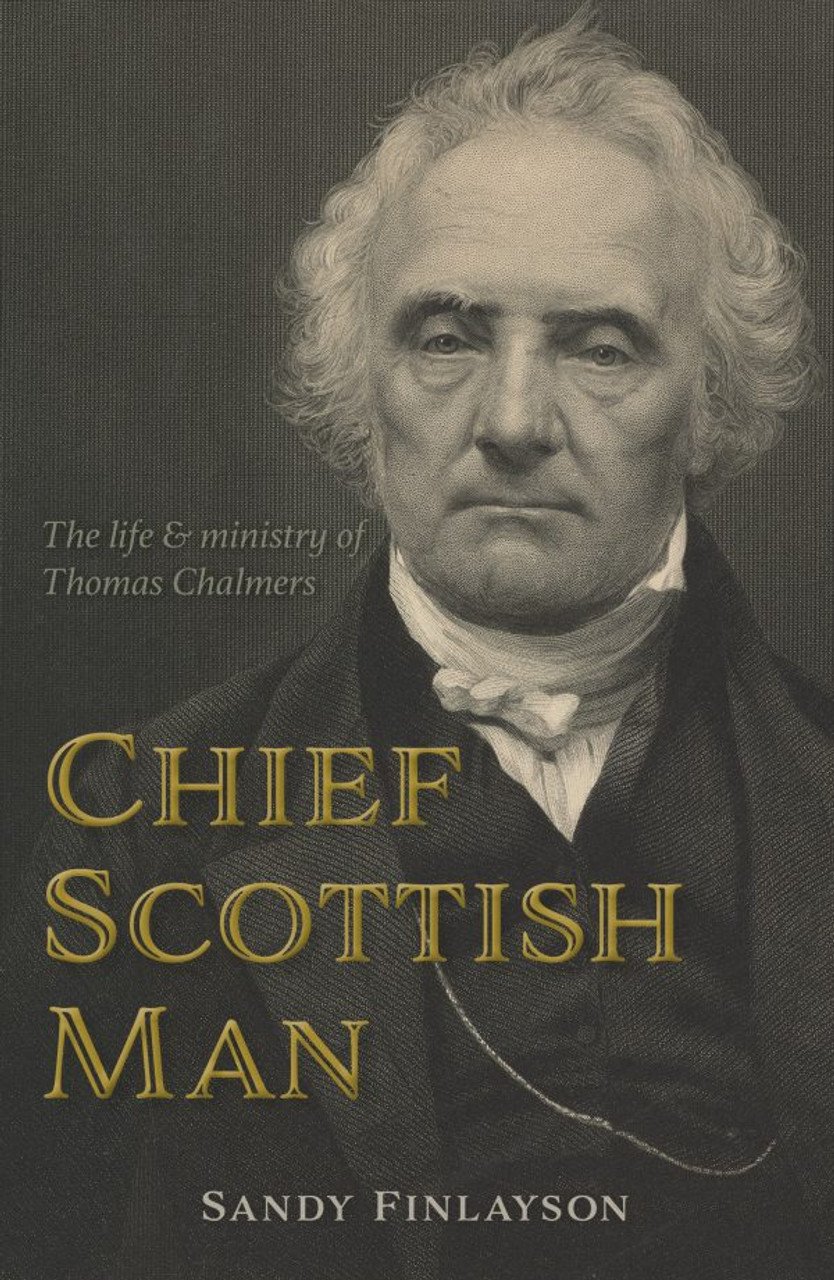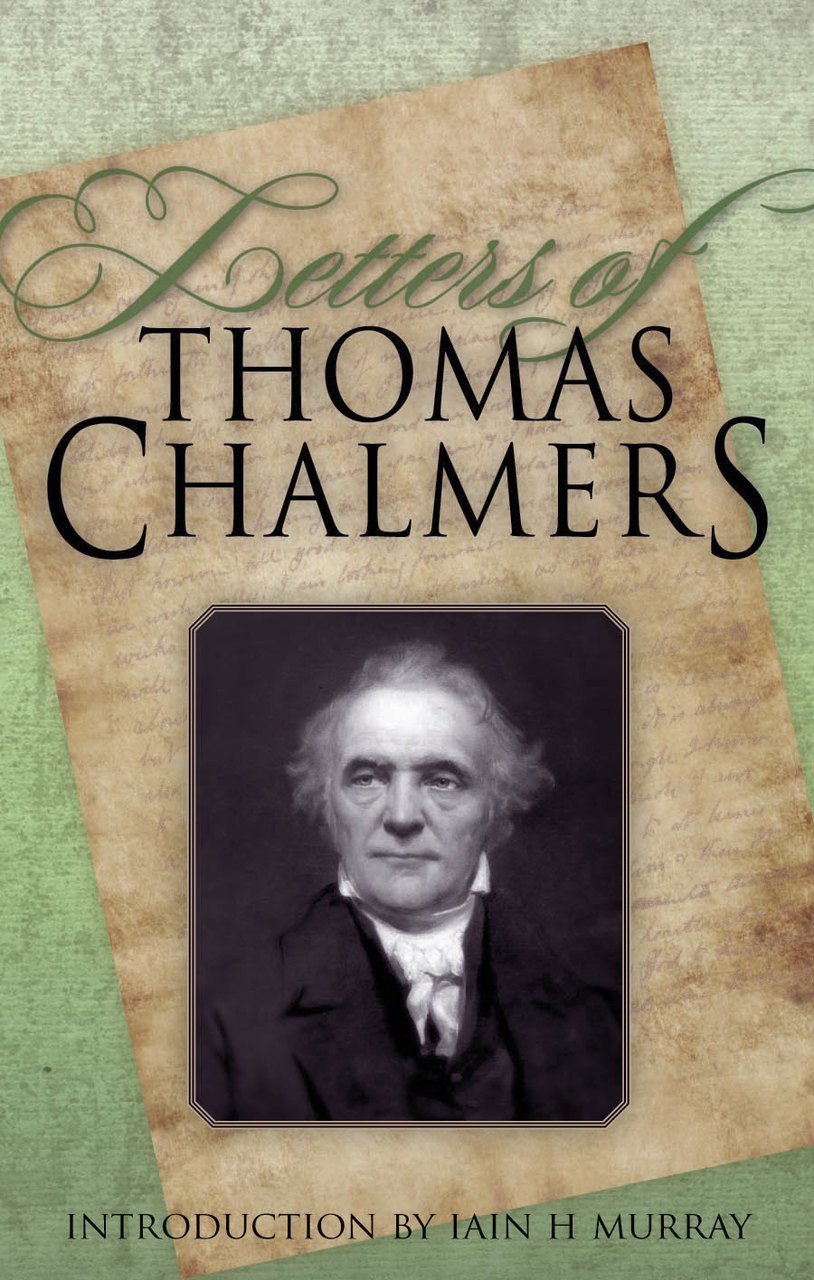He Ran a Short Race Well
My family knows a young man whose severe physical disability will prevent him from ever living a “normalˮ life. This has led him to prolonged seasons of discouragement, wondering what meaningful purpose he can fulfill with the limited strength and days that have been given to him.
In seeking to answer this question, I was reminded of the short life of John Urquhart. Some years ago, I became acquainted with his story by reading The St. Andrews Seven. That fascinating story is more fully told in William Ormeʼs 1827 Memoirs of Urquhart, published just months after John's death at eighteen. Sudden and fatal sickness kept Urquhart from his heart’s desire to be a missionary, but his influence on his fellow students played a prominent role in the decision that many of them made to take Christ to the nations.
John Urquhart
Urquhart was born to Christian parents in Perth, Scotland. From a child, he was taught the Scriptures, brought to church faithfully, and sent to Sabbath school. In short, his parents did all that they could to lead him to Christ. John showed an early gift for academics and was privileged to attend school from the age of five. At the age of thirteen, he qualified to attend the University of St. Andrews, but was held back one year to allow time for further maturing.
Shortly before leaving home for St. Andrews in the autumn of 1822, Urquhart heard a Sunday night sermon from Orme, who was his minister, that God used as the first stirring of spiritual awakening in young John. He returned home that night burdened by the guilt of his sin, and for the first time he truly prayed.
When he arrived at university, he was reunited with Alexander Duff, a friend from grammar school. The two young men roomed together that year and met regularly for prayer and Bible reading, yet as Duff later recalled, “the spiritual meaning of the Bible was not understood, and the subduing power of its doctrines not felt. . .the real spirit of prayer was lacking, —the fervent, out-pouring of the heart to God.”
Alexander Duff
It was not until partway through his second year at St. Andrews that Johnʼs spiritual disciplines became enlivened and empowered by the Holy Spirit. In April 1824, Orme received a letter that would cheer any pastorʼs heart. As he began to scan the page, the first words to meet his eyes gave news that John had become a member of a church in St. Andrews. John proceeded to summarize his spiritual journey of the previous eighteen months, and climaxed by saying,
I think I have been led to seek [happiness] in the only place that it can be found, —in ‘Jesus crucified for me.ʼ I have felt great pleasure in Communion with God; and I have felt some love, though faint, to the Saviour and to his cause. I have had a long struggle with the world. I have counted the cost, and I have finally resolved that I will serve the Lord.
By training and disposition, John was outwardly moral and upright; as such, evidence of his conversion came more in the form of good works begun than evil ones forsaken. Before closing his letter to Orme, John expressed his desire that God would enable him “to offer my body a living sacrifice, and to devote all the faculties of my mind to his service.ˮ From almost that moment, and until his death less than three years later, John's body and mind were consumed with the cause of missionary work.
He had been born at the beginning of the great century of world missions, and at the time of his conversion, Morrison, Moffatt, Carey, and Judson were still in their respective fields of labor, and new missionary societies continued to appear throughout the country. John keenly felt the danger from which he had been recently delivered and wanted to do his part to bring the good news to the nations.
One night, about six months after his letter to Orme, and shortly after starting his third year at St. Andrews, several friends gathered in his room, and they soon began to speak about world evangelization. For some months he had wished to start a student missionary society, and that evening prompted him to action. Some were opposed, believing the spiritual atmosphere of the school was too cold. But John insisted. With the souls of men and women in the balance, wasnʼt such an undertaking worth every effort? Before his friends left that evening, the society had been formed.
The little group began to meet and grew quickly—despite direct opposition. This growth was helped in great measure by the support from Thomas Chalmers, professor of moral philosophy and spiritual mentor to John and others. Not content simply with raising funds and reading reports, John and his friends soon asked if they themselves were being called to go. After much study, prayer, and counsel, John became convinced that he should give his mind and body to China, to India, or to some other harvest field.
Thomas Chalmers
Yet, when he made his intentions known, he faced unexpected opposition from church friends (including Chalmers) and family members. Many of them were certain that he would be throwing away his remarkable intellect by going to the poor and uneducated; they were convinced that God would want him to preach in Scotland or England and raise up a generation of missionaries.
In spite of his youthfulness and the opposition he encountered, John’s face was set like flint. All that remained was to ascertain where and when his godly ambition would be realized. Two months before his eighteenth birthday, as his time at St. Andrews drew to a close, he gave a final address to his beloved society.
His first words grabbed hold of his hearers, and he continued to pour heart and soul into the next hour. He was troubled, he said, at the many arguments given against personal involvement with missions:
One cannot help wondering, that of the many who have pleaded so earnestly for the cause of missions, and have declaimed so eloquently concerning the high dignity of the missionary enterprise, so few have been found who were willing to go forth to the combat.
Consciences throughout the room were pricked, and decades later Alexander Duff (who would spend his days in service to India) recalled the scene after John finished his address:
For a moment, it appeared as if all present were ready to rise up and march forth as a united phalanx into the battlefield; and few there were who did not then at least resolve to submit the subject to an examination with which it had never been honored before; while of some, it can be added that they did not pause till they found themselves across oceans and continents, in front of the bristling hosts and frowning citadels of heathenism.
John had every intention of leading by example, but God directed his steps down another path. After he graduated, he spent his first summer and fall tutoring the son of a wealthy family. These were discouraging months, as John was isolated from Christian fellowship and the energy he had derived from like-minded friends. But he reminded himself that these conditions were a good test for someone who planned to spend his life thousands of miles from churches and a Christianized culture.
In December of that same year, he was suddenly struck with the symptoms of what proved a terminal illness. Within weeks he was gone, not to the mission field but to the grave.
Many were stunned at the sudden extinguishing of his candle, while others resolved to take up his mantle and carry on. Of Samson it is said that he slew more Philistines in his death than in his life. Eternity might show that the souls saved through John's early departure were more than he might have reached had he lived to set foot on other continents.
The life of John Urquhart teaches us many things, but perhaps the greatest is that the value of a life cannot be measured by length of years or by achievement alone. A brief holy fire and its influence on others may sometimes bring greater good than an active life of threescore and ten.













